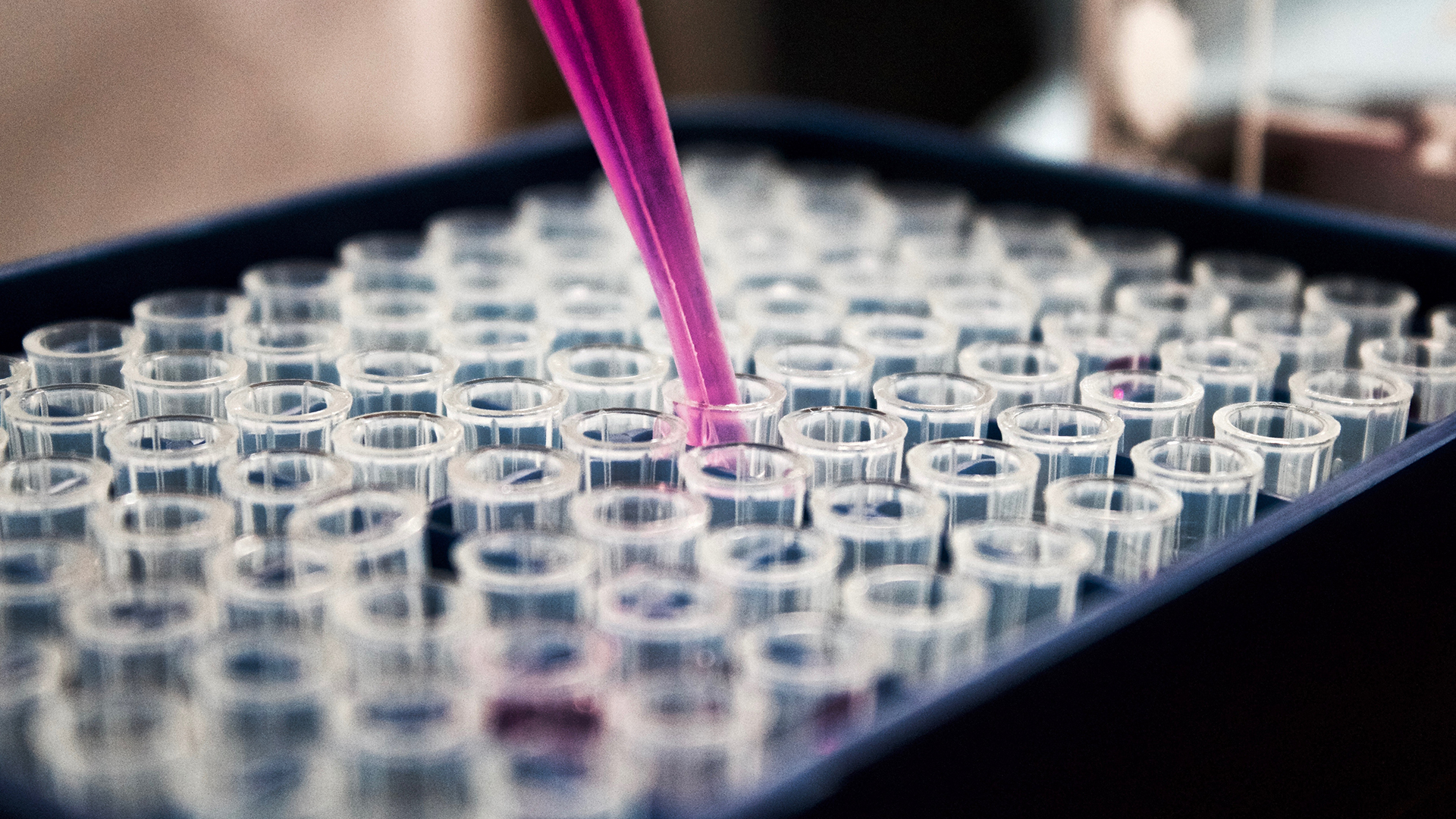In what was the largest study of its kind, an analysis of nearly half a million people has found there is no single ‘gay gene’ associated with sexuality.
They found that sexuality is influenced by genetic factors by 25% across the whole population. 25% is only the case when the entire genetic makeup of an individual is considered.
The study was conducted by researchers at Harvard and MIT and was published in Science.
It used data from 409,000 people signed up to the UK Biobank project and 68,500 registered with genetics company 23andMe.
They asked participants to self-report their sexual history and then scanned their unique DNA sequence.
What did researchers find?
Researchers found five specific genetic variants that were mainly associated with same-sex behaviour. One of these variants is linked to the biological pathway for smell and others to those for sex hormones.
Variants only partially overlapped between genders.
However, these five variants combined only accounts for less than 1% of same-sex behaviour.
As such, researchers say that they cannot be used to try and meaningfully establish a pattern to predict a person’s sexual orientation or behaviour.
Benjamin Neale, associate professor at Massachusetts General Hospital who worked on the study, said: “Genetics is less than half of this story for sexual behaviour, but it’s still a very important contributing factor.
“There is no single gay gene, and a genetic test for if you’re going to have a same-sex relationship is not going to work. It’s effectively impossible to predict an individual’s sexual behaviour from their genome.”
Researchers concluded from these findings that genetics could account for between 8-25% of same-sex behaviour across the population when the entire genome is taken into account.
The analysis indicates that sexual behaviour is influenced by a combination of genetic and environmental factors.
These findings are similar to those in personality and other complex human traits research and researchers used the analogy of your height, which, although partially determined by genes, is also dependent on environmental factors.
Zeke Stokes, from the LGBTQ media advocacy organisation GLAAD, said the study confirmed: “no conclusive degree to which nature or nurture influenced how a gay or lesbian person behaves.”
Dr Brendan Zietsch, who co-authored the research, said although it is a mixture of factors, it does not mean that environmental factors, such as upbringing and culture, play a significant role and alludes that nature rather than nurture hasn’t been ruled out as a result of this study.
“It is thought that non-genetic factors before birth, such as the hormonal environment in the womb, also play an important role,” he told The Guardian.
© 2019 GCN (Gay Community News). All rights reserved.
Support GCN
GCN is a free, vital resource for Ireland’s LGBTQ+ community since 1988.
GCN is a trading name of National LGBT Federation CLG, a registered charity - Charity Number: 20034580.
GCN relies on the generous support of the community and allies to sustain the crucial work that we do. Producing GCN is costly, and, in an industry which has been hugely impacted by rising costs, we need your support to help sustain and grow this vital resource.
Supporting GCN for as little as €1.99 per month will help us continue our work as Ireland’s free, independent LGBTQ+ media.
